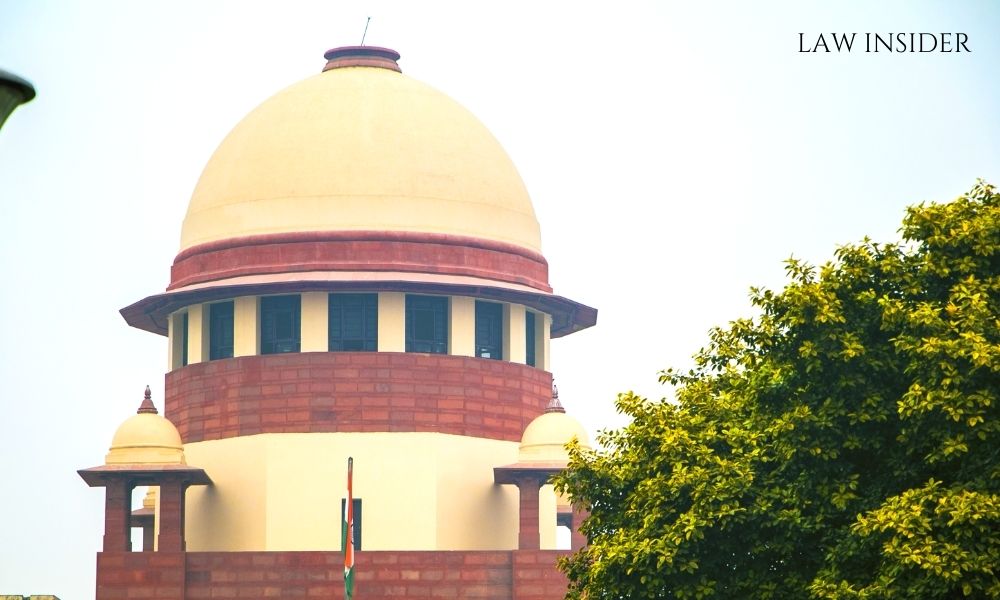Aastha Thakur
Published on: 26 October 2022 at 13:30 IST
A party faced criticism from the Supreme Court for dragging a dispute over a dishonored cheque all the way to the Supreme Court before agreeing to settle with the complainant. The appellant had requested the Supreme Court to overturn three courts’ concurrent conviction verdicts against him for the crime of dishonoring a cheque in violation of Section 138 of the Negotiable Instruments Act.
The appellant eventually conceded to resolve the matter by paying the complainant Rs 69 lakhs before the Supreme Court. The Court, however, was unhappy with the settlement reached after ten years of litigation and referred to it as a “tyranny of justice” in the complainant’s case because he had no alternative but to compromise at this point.
“It is tyranny of justice caused to the complainant after spending 10 years in litigation left with no other option but to compromise for the reason that if the matter is processed any further in this Court..”
“…he will be deprived of his legitimate claim which has at least now become due to him after his complaint being tried by three different Courts in hierarchy upholding conviction of the petitioner with the concurrent finding of guilt for offence under Section 138 of the Negotiable Instruments Act.”
The Division Bench of Justices Ajay Rastogi and CT Ravikumar as a requirement for accepting the settlement, ordered the appellant to pay costs of 5 lakhs.
“…but this Court cannot be oblivious of the situation that precious judicial time of almost 10 years of the Courts has been consumed in this litigation and mere compromise entered into by the parties may not be sufficient to close the proceedings”, the Bench observed.
The court gave the order to deposit the money with the Supreme Court Advocate-on-Record Advocates Welfare Fund within a period of two months.
“Looking to the quantification of default amount in reference to which the petitioner was convicted under Section 138 of the NI Act, let an additional sum of Rs. 5 lakhs be deposited by the petitioner with the Supreme Court Advocate-on-Record Advocates Welfare Fund within a period of two months and the receipt of money deposited be placed with the Registry of this Court.”
The matter is listed to be heard next on January 17, 2023.

